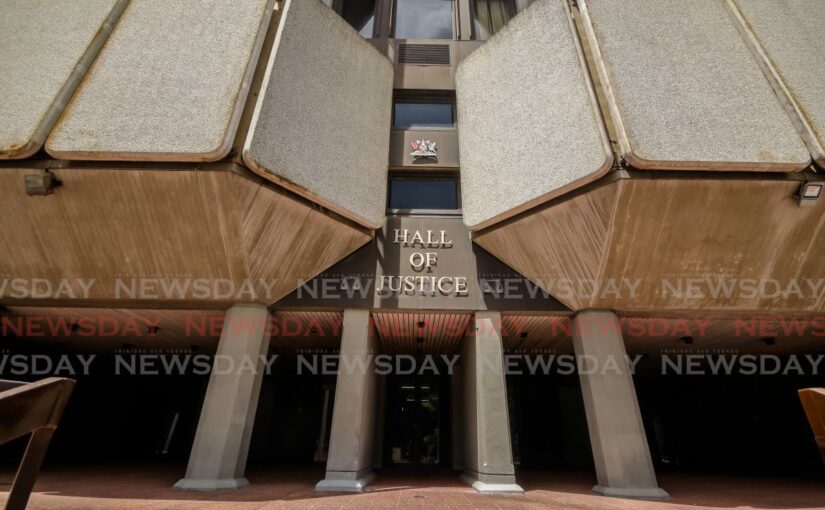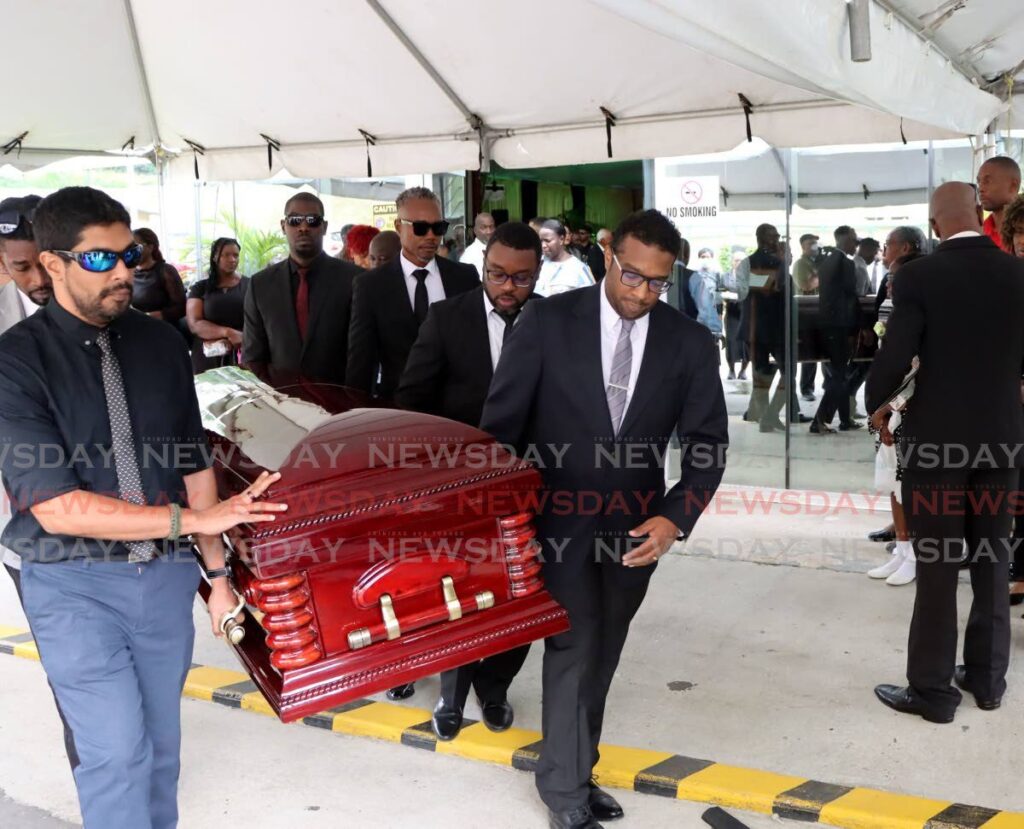2 men facing murder charges told to reapply for bail
Written by Jada Loutoo on January 17, 2025

TWO men previously denied bail on separate murder charges have been advised by the Court of Appeal to file fresh applications in the High Court under the provisions of the new bail regime.
In separate hearings on January 17, Justices of Appeal Gillian Lucky, Malcolm Holdip and Carla Brown-Antoine advised Chadney Bengochea and Kefente Simmons and their lawyers to make fresh applications in keeping with the amended Bail Act of 2024 as they acknowledged the legal shift brought by the change in the law.
Lucky referred to the Privy Council’s ruling in Kerros Martin vs the DPP on January 14, on the right to appeal from the High Court for bail in murder cases, pointing to two specific paragraphs on the retroactive nature of bail appeals and the application of the 2024 regime.
Bengochea was given the option to withdraw his appeal which his attorney, Peter Carter, did after admitting he was “torn” since one of his main grounds of appeal was not determined by the Privy Council in the Kerros Martin case.
Lucky advised that the point could be raised in a new bail application in the High Court and Carter agreed. Bengochea will remain in prison custody. He is charged with a 2011 murder.
In the second appeal, Kefente Simmons’ appeal was allowed but only to allow him to make a new bail application in the High Court. He, too, remains in custody.
Simmons’ first bail application in 2023 was denied and a second application, determined after the Bail (Amendment) Act 2024, came into effect, was also denied.
The amended Bail Act introduced stricter conditions for granting bail in murder cases, placing the burden on the accused to demonstrate “exceptional circumstances” for the grant of bail.
In Simmons’ case, the High Court rejected the argument that the dismissal of a prior charge against him constituted a “changed circumstance.”
Lucky clarified that “changed circumstances” include new circumstances and must be examined holistically.
“The trial judge’s narrow interpretation of what constitutes a change in circumstance was erroneous.”
The judges also agreed that by concluding there was no change in circumstance, the High Court judge did not evaluate whether exceptional circumstances existed.
The appellate court found this approach flawed.
Lucky noted, “One could argue that the significant change in law itself was an exceptional circumstance.”
The judges acknowledged that while the Kerros Martin ruling had not yet been delivered when the High Court ruled on Simmons’ bail application, the dismissal of the prior charge was a matter ought to have been interrogated further.
“The issue, therefore, became whether that was a changed circumstance or a new circumstance, and what, if anything, ought to have been the impact on a new, on the second bail application.
“The trial judge found, and really adopted a two-tier approach, that this dismissal of the charge was not a new or changed circumstance, and… ‘was of the view there had not been a change of circumstance to warrant the court moving on to the next step of examining the exceptional circumstances,’.”
Referring to a number of cases on the issue, Lucky advised on the approach the bail court should take in determining what is a change in circumstance.
In Simmons’ case, Lucky said this was “something that ought to have been considered.”
“The court found itself in a position and its decision was that it found that there was no change in circumstance, so there was no need to consider exceptional circumstances.
“And this court is saying, even on that point, that approach was also wrong.
“The exceptional circumstance is something that has to be considered in the round with everything in the mix.
Lucky noted the Court of Appeal’s role was to review decisions of lower courts for legal errors, not to substitute its own findings.
In Simmons’ case since the High Court did not assess exceptional circumstances, the appellate court could not review that aspect.
“Our task as an appellate court is simply to review. In this case, on a matter of law, we have found that the judge has erred in terms of her exercise of the discretion, meaning her interpretation of a changed circumstance…That a change in circumstance could include a new circumstance, which is something that the judge ought to have considered.
“Whether it would have led to a different result is another matter.
“The second point, of course, is that the new (bail) regime, which speaks to exceptional circumstances…It is not for this appellate court to review something that is not before it, because the trial judge stopped herself having found that there was no, change in circumstance, she was not going on to consider any exceptional circumstances.
“And, we are saying that the trial judge stopping herself from going to consider the exceptional circumstance…is something we as an appellate court cannot review.”
Lucky also advised that arguments raised by the two attorneys for the two men on other aspects of the amended bail act would have to first be determined in the High Court, then the Appeal Court and possibly the Privy Council.
Both cases now return to the High Court giving both men another opportunity to argue for bail under the amended law and the new regime it sets. Simmons will also remain in custody.
In the Kerros Martin ruling, the Privy Council advised appellants whose bail applications were refused by the High Court before the 2024 amendment to make a new application showing “exceptional circumstances.”
“There is no need to show a change in circumstances before doing so. The 2024 act creates a new and different regime governing the grant of bail in murder cases.”
The post 2 men facing murder charges told to reapply for bail appeared first on Trinidad and Tobago Newsday.




